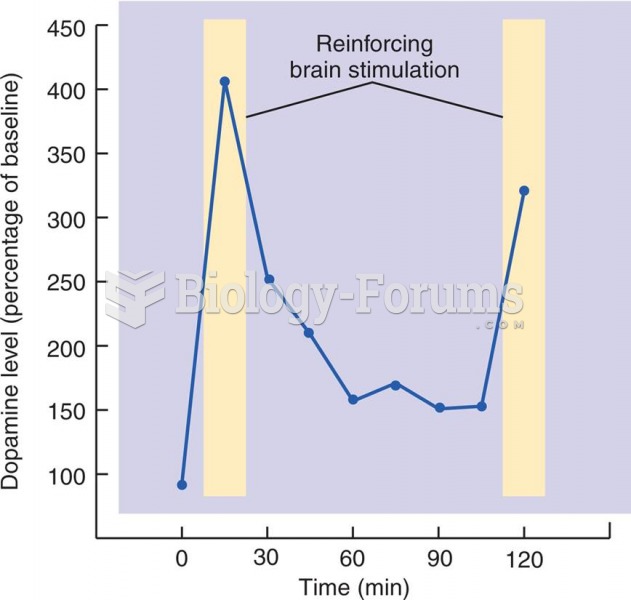Answer to Question 1
Correct Answer: 1
Rationale 1: Stimulation of alpha-1 adrenergic receptors by high doses of dopamine causes vasoconstriction and increased blood pressure.
Rationale 2: Dopamine at low doses stimulates dopaminergic receptors, especially in the kidneys, causing vasodilation and increased renal blood flow and urine output.
Rationale 3: Dopamine at high doses has no effect on beta-2 adrenergic receptors.
Rationale 4: Stimulation of beta-1 adrenergic receptors causes the heart to beat more forcefully, thus increasing cardiac output.
Global Rationale: Stimulation of alpha-1 adrenergic receptors by high doses of dopamine causes vasoconstriction and increased blood pressure. Dopamine at low doses stimulates dopaminergic receptors, especially in the kidneys, causing vasodilation and increased renal blood flow and urine output. Dopamine at high doses has no effect on beta-2 adrenergic receptors. Stimulation of beta-1 adrenergic receptors causes the heart to beat more forcefully, thus increasing cardiac output.
Answer to Question 2
Correct Answer: 3
Rationale 1: Ephedrine is not used for epilepsy.
Rationale 2: Ephedrine is a noncatecholamine; hence, it is not easily destroyed by the enzymes.
Rationale 3: Ephedrine is a noncatecholamine. Noncatecholamines are less polar than are catecholamines; hence, they are able to cross the bloodbrain barrier, cause stimulation of the brain cells, and keep the client awake and alert.
Rationale 4: Ephedrine can be taken orally and is easily absorbed through the intestinal tract because it is not easily destroyed by MAO or COMT.
Global Rationale: Ephedrine is a noncatecholamine. Noncatecholamines are less polar than are catecholamines; hence, they are able to cross the bloodbrain barrier, cause stimulation of the brain cells, and keep the client awake and alert. Ephedrine is not used for epilepsy and it is not easily destroyed by enzymes. Ephedrine can be taken orally and is easily absorbed through the intestinal tract because it is not easily destroyed by MAO or COMT.







